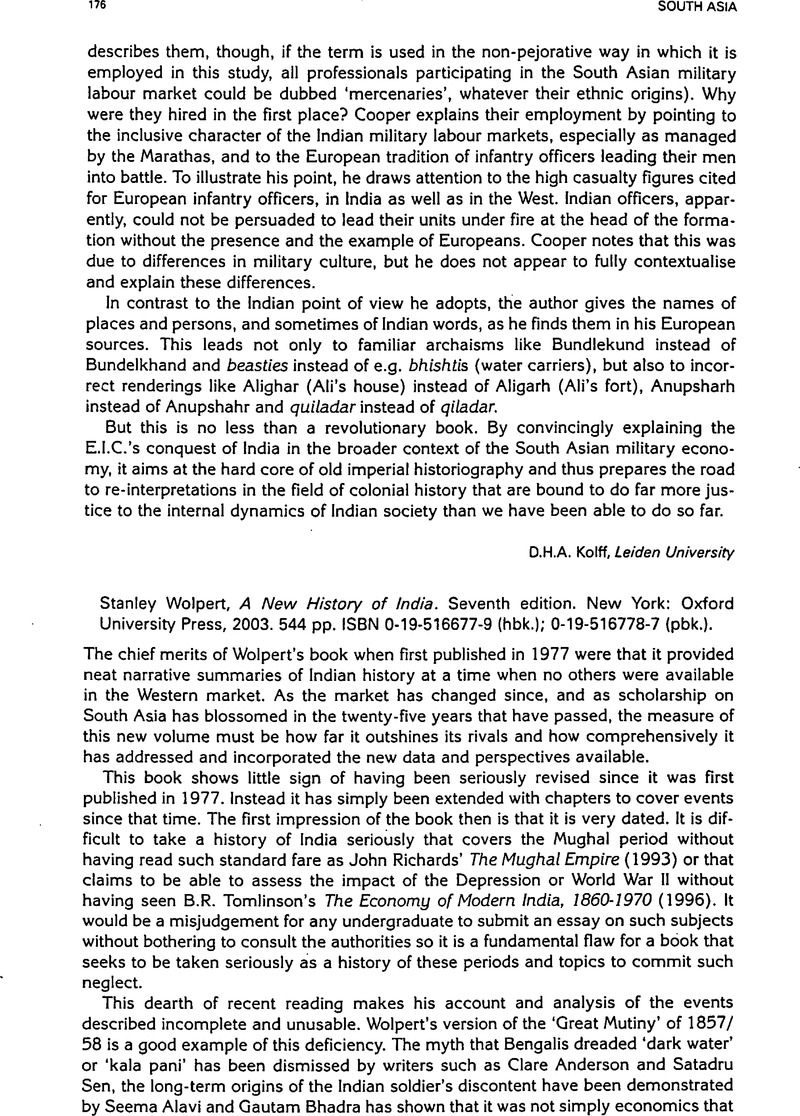
- A New History Of India Stanley Wolpert Pdf Download
- A New History Of India Stanley Wolpert Pdf Presentation
- A New History Of India Stanley Wolpert Pdf Online
A New History Of India Stanley Wolpert Pdf Download


A New History Of India Stanley Wolpert Pdf Presentation
Stanley Wolpert (December 23, 1927 – February 19, 2019) was an American historian, Indologist, and author on the political and intellectual history of modern India and Pakistan and wrote fiction and nonfiction books on the topics. He taught at the University. Download biblia reina valera 1960 para mac. Journal of Interdisciplinary History, xl:3 (Winter, 2010), 399–412. Stanley Wolpert is Emeritus Professor of History, University of California, Los Angeles. Friday the 13th game free download mac. He is the author of A New History of India (New York, 2008; orig. Pub 1977); Shameful Flight: The Last Years of the British Empire in India (New York, 2006), as well as of the six.
A New History Of India Stanley Wolpert Pdf Online
Mohammad Ali Jinnah was for Pakistan what Mahatma Gandhi and Jawaharlal Nehru combined were for modern India—inspirational father and first head of state. Jinnah began his career as the Indian National Congress’s ‘Ambassador of Hindu-Muslim Unity’ but ended it forty years later as the architect of the partition that split Pakistan away from India. This authoritative and uniquely insightful biography explores the fascinating public and private life of this eminently powerful but little understood leader who changed the map of the Asian subcontinent. Portraying Jinnah’s story in all of its human complexity. Wolpert begins in the late nineteenth century with Jinnah’s early life as a provincial country-boy in Karachi and follows him to London where he studied law and became a British barrister. Returning to India in 1896, Jinnah rapidly ascended the dual ladders of Indian law and politics, climbing to the top rung of each. By the 1920s, however, it appeared that Jinnah’s political career was at an end, superseded by the rise of Gandhi’s leadership and the movement of India in a more revolutionary direction. Yet, Jinnah was to remain a pivotal figure in the turbulent decades that followed, as India struggled for independence from British rule amid growing Hindu-Muslim antagonism. Wolpert vividly recounts how the tragic clash of personalities and party platforms that initially pitted Jinnah against Gandhi escalated from a personal rivalry into a conflict of national and international proportions. Wolpert shows how Jinnah’s shrewd and skillful leadership combined brilliant advocacy and singular tenacity to win his suit for the creation of Pakistan on behalf of the ‘Muslim nation’—his sole client during the last, lonely, pain-filled decade of his life.